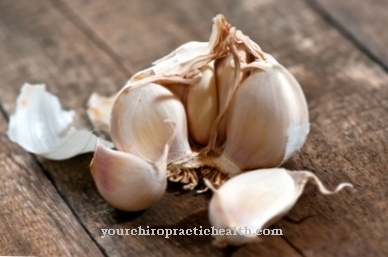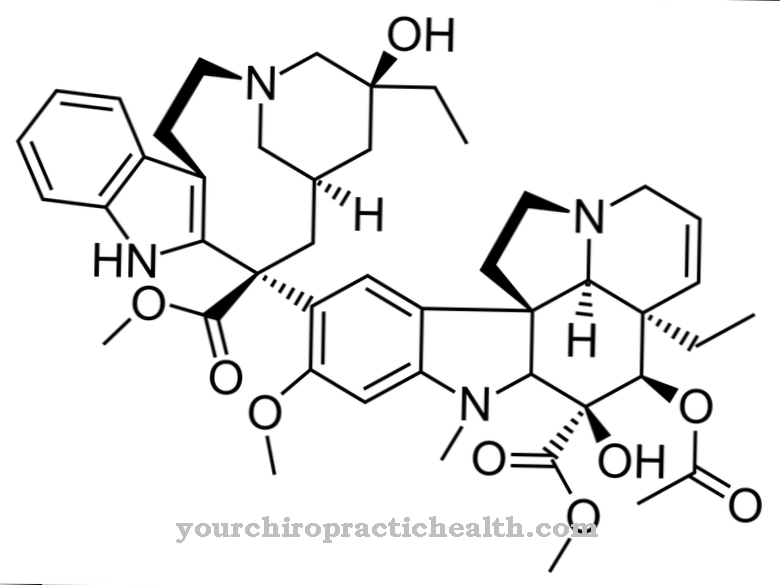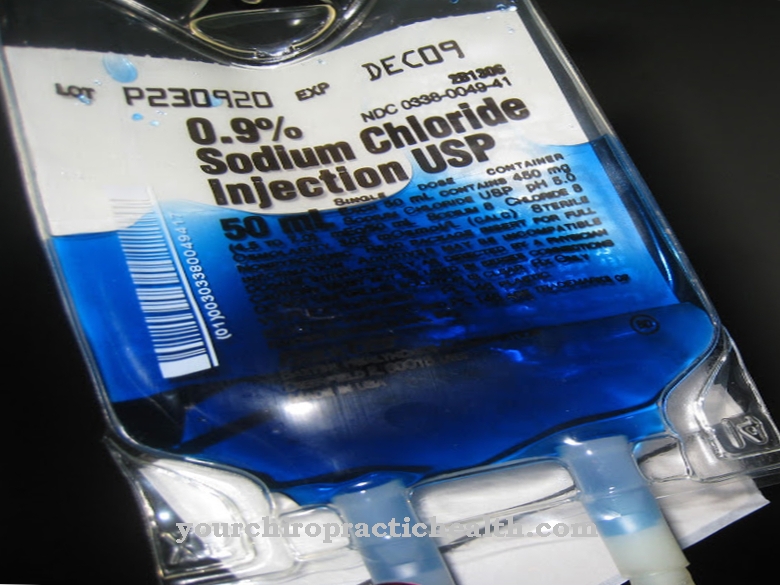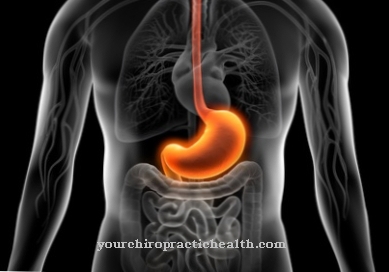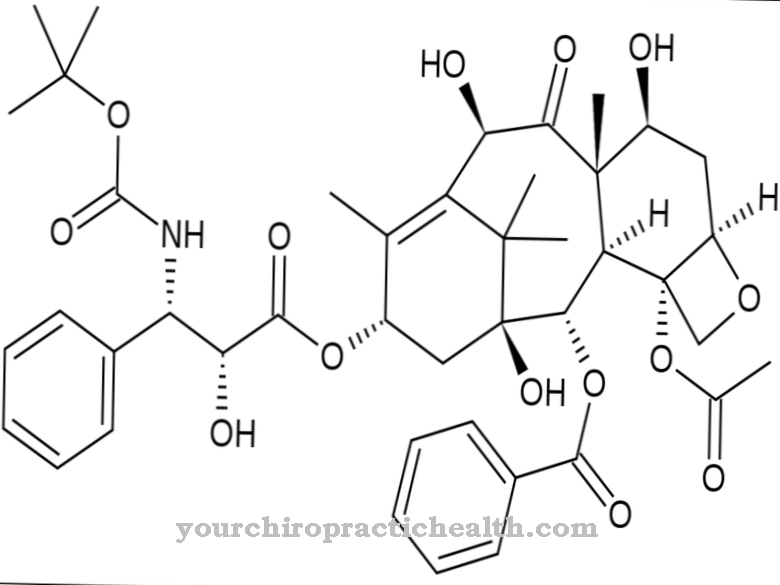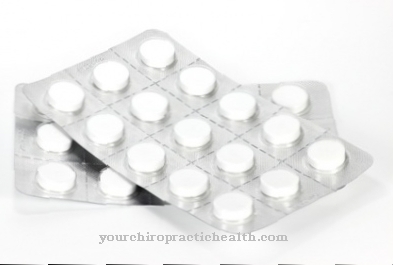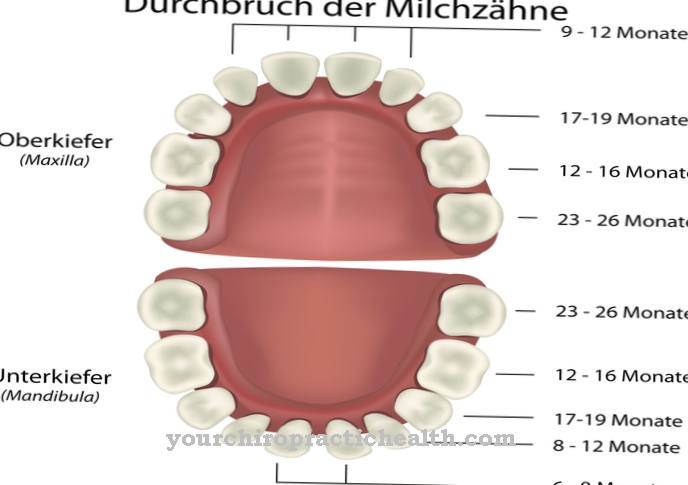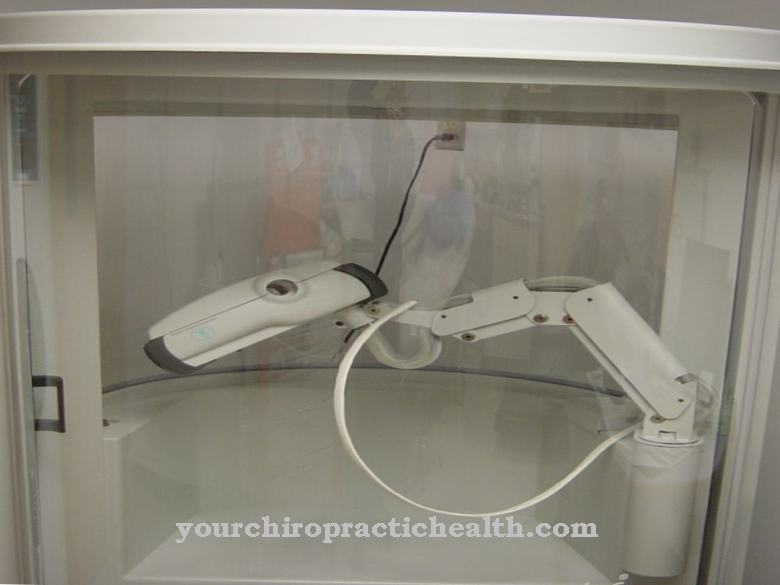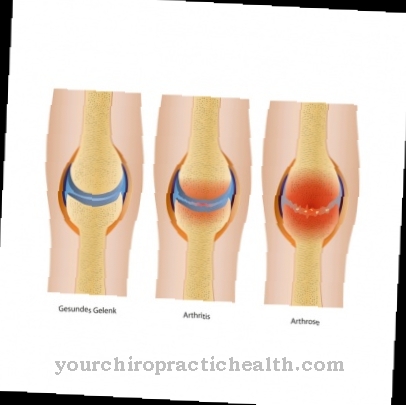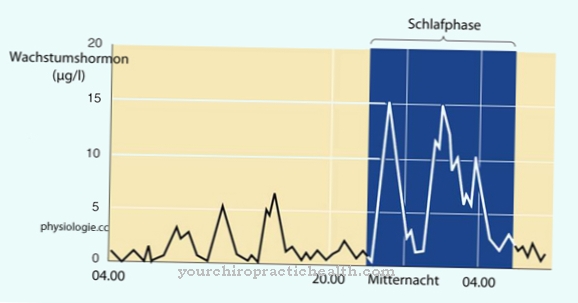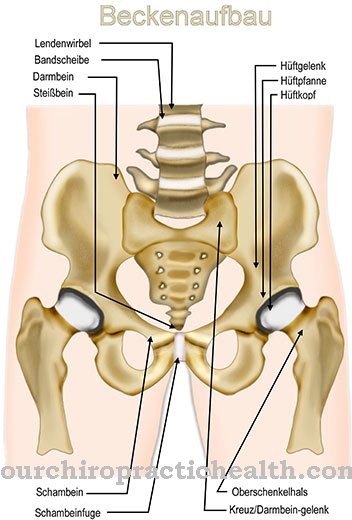The drug Piribedil belongs to the group of dopamine agonists and is used to treat Parkinson's disease, with the aim of therapy aimed at alleviating the symptoms of the disease and stopping further progression.
What is Piribedil?

Piribedil has been used since the 1970s, initially in ophthalmology and then in Parkinson's disease. It has also been used to treat vascular disease and mild cognitive impairment.
Piribedil has been on the market in Germany since 2007 and is used here for the treatment of Parkinson's disease. Both monotherapy and combination therapy with levodopa are possible. The main aim of using Piribedil is to improve the patient's mobility.
Pharmacological effect
In Parkinson's disease, patients suffer from a lack of dopamine, a messenger substance that plays an essential role in the execution of movement sequences. Those affected therefore suffer from tremors (tremors), rigor (muscle stiffness) and akinesia (movement disorders).
So that the symptoms can be alleviated and the progression of the disease slowed down, the patients receive dopamine in the form of L-Dopa. However, this is converted into metabolites by different enzymes, so that inhibition of the enzymes is necessary.
In addition, the dopamine receptors (D2) must also be stimulated using agonists. One such agonist is piribedil. The drug can cross the blood-brain barrier and then subsequently bind to the binding sites for dopamine. There, the drug can trigger the same reactions as dopamine.
Piribedil is mainly used in the early or advanced stages of Parkinson's disease. In some cases, Piribedil also acts as an antagonist to acetylcholine.
Medical application & use
With the help of Piribedil, Parkinson's disease is treated. The drug is either combined with levodopa or used alone. In the case of a combination treatment, both drugs are administered together from the start or Piribedil is added some time later.
Piribedil can be absorbed and distributed very quickly in the gastrointestinal tract. Since the drug binds only moderately to plasma proteins, the interactions that can occur due to protein binding are relatively small.
The medicament is preferably administered to younger patients, the aim of the therapy being to delay motor complications such as, for example, fluctuations in activity or dyskinesia.
Usually 3 to 5 tablets (150mg to 250mg) per day are taken for the treatment of Parkinson's disease. These are swallowed whole with some water after meals. If the drug is suddenly stopped, a neuroleptic malignant syndrome may occur. For this reason, the dose should be reduced slowly when the drug is discontinued.
You can find your medication here
➔ Medicines to calm down and strengthen nervesRisks & side effects
In general, Piribedil has very few side effects. If these occur anyway, they depend on the dose administered. If the treatment is stopped, the side effects also disappear. Piribedil must not be used in the event of: cardiovascular shock, hypersensitivity to the drug and acute heart attack.
In addition, Piribedil should not be taken in combination with neuroleptics, as this can exacerbate psychotic disorders. It is also not recommended to take it during breastfeeding or pregnancy.
Side effects usually only occur at the beginning of treatment. These include:
- Gastrointestinal complaints such as gas, vomiting or nausea
- Feeling dizzy, absent-minded, or hallucinating
- low blood pressure
- psychiatric illnesses such as hypersexuality or increased libido
- allergic reaction
- Nausea when overdosing
Gastrointestinal complaints can be reduced if the dose is increased gradually at the beginning of treatment. In addition, therapy with piribedil can lead to drowsiness, and very rarely sudden attacks of sleep occur. Patients should therefore not drive or engage in activities that could injure themselves or anyone else.
An overdose is unlikely to occur when taking Piribedil. If it does happen, the following symptoms occur: unstable blood pressure (hypotension or hypertension) and / or gastrointestinal complaints (vomiting, nausea).

